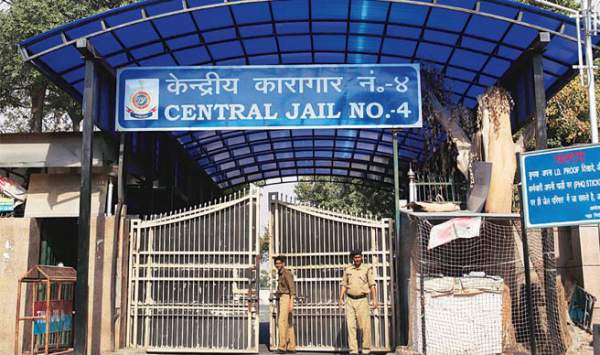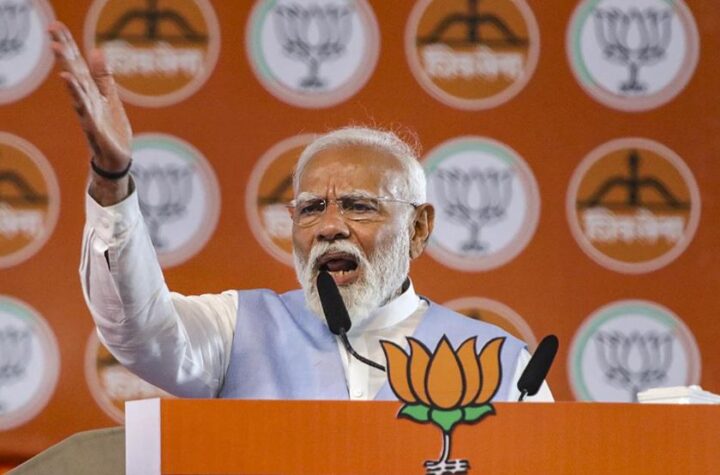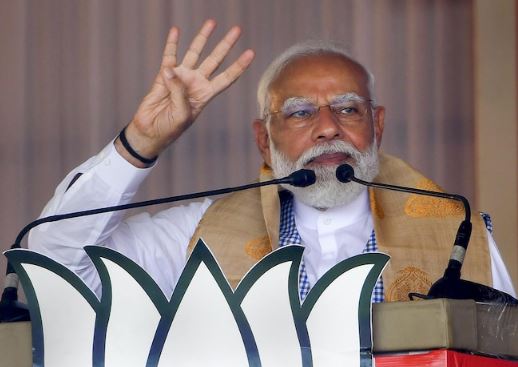The Chief Justice of India’s remark that the jail authorities seem to be relying on ancient modes of communication through pigeons sets the ball rolling for correcting the anomaly of the delay in releasing people granted bail. ‘It is too much that prisoners have to wait even after the Supreme Court has granted bail as jails are insisting on the order to come by post,’ the Bench said, while expressing its desire to soon have in place a system that will ensure secure electronic transmission of its orders on bail. State governments have been asked to list the prisons that have Internet connections and by when jails can be equipped with facilities for the expeditious release of prisoners.
The top court on July 13 had taken suo motu cognizance of delay on the part of Uttar Pradesh authorities in releasing 13 prisoners who were granted bail by it on July 8.The convicts, who were juveniles at the time of offence, have been lodged in Agra Central jail for periods ranging from around 14 to 22 years in a murder case.. They had already served 14 to 22 years in prison when it was found that they were juveniles at the time the crime was committed. The Solicitor General did flag the concerns of the jail authorities in insisting on authenticated copies in the light of fake or fabricated orders being presented, but agreed that verification from the official website of the apex court should take care of any doubt over the authenticity of the order.
The Supreme Court has said it would implement a system for safe digital transmission of its bail orders to jails across the country as despite the grant of such relief, authorities wait for authentic orders to release prisoners. Chief Justice N V Ramana has directed the secretary general of the apex court to submit a proposal on the scheme which can be followed and said this may be implemented in a month. It asked the states to respond on availability of internet connection in jails across nation as without this facility transmission of such orders to prisons will not be possible. It also appointed senior advocate Dushyant Dave as an amicus curiae for assisting it implementing the scheme.
The push to augment judicial infrastructure, including the proposal to set up the National Judicial Infrastructure Corporation, is a welcome step. Only last month, the CJI had written to the Information Technology Minister seeking steps to resolve the poor digital connectivity in rural, tribal and hilly areas, saying that this was adversely impacting the pace of justice delivery. That the country’s judicial system lingers in an age-old system of communicating with jail authorities is pathetic to say the least. Hopefully, the state governments will respond to SC’s directive sooner tha later.











More Stories
NDA as 15 in Northeast’s 25 seats go to polls: PM
Not Big Fan Impact Player; Its Development of All-Rounders, Says Rohit
Modi will come with hope in 2024: PM